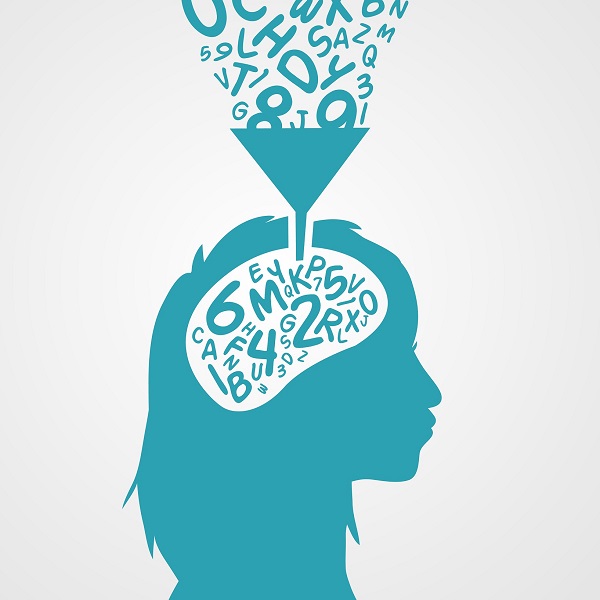FROM PROMOTIONS TO RELATIONAL MARKETING AND NEUROMARKETING
A few years ago, talking about Marketing consisted of talking about strategies in which the main objective was to increase sales no matter how, using mass advertising tools or "3x2" offers. Various investigations and studies ended up concluding that these measures, in addition to being inefficient, were erroneous. This is how Relational Marketing was born, in which the objective is profitability with the long-term customer and, of course, increasing sales is not directly related to increasing loyalty ...
A company can not, for example, establish monthly offers because, yes, you may sell more in those periods but, and the rest? Do you think that people will go shopping normally knowing that they will have offers every so often? "Telepizza" was the end of this situation. He accustomed customers to buy offers and ended up having to implement his promotions system forever, otherwise, customers would not have continued buying.
Nowadays, the relational marketing approach is being used to a greater extent, since with the orientation to the market, long-term benefits are achieved, which is what is important for the survival and growth of the company.
The term "Neuromarketing" is also important in the 21st century, which is showing that the reasons for buying are different from those that were thought, having a great place in the emotional hemisphere of our brains. It has been corroborated that major decisions are made with the metaconscient system and not with the rational, so it could radically transform much of the system currently implemented, such as the method of surveys or interviews.
The problem with neuromarketing is that it has a lot of controversy, since there is a debate about whether it manipulates the minds of people. In my humble opinion, great advances are being shown in neuroscience and marketing, only if it is misused it can have a serious social paradigm, as is the case of advertising aimed at younger audiences. However, large companies such as "Coca-Cola" have already used it for quite some time, using the strategy of associating happiness with their brand. The advertising of the sale of the physical product is relegated to a second plane, taking priority the experiences that this one brings to the people.
Juan De la Torre
@juandelatorresa

Comments
Add new comment